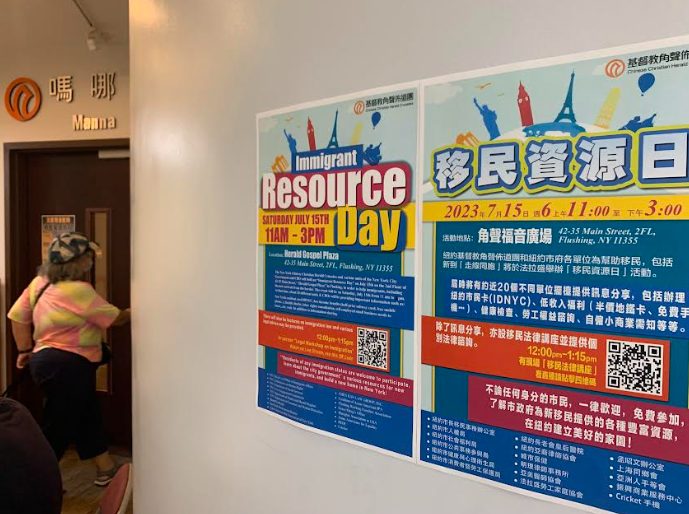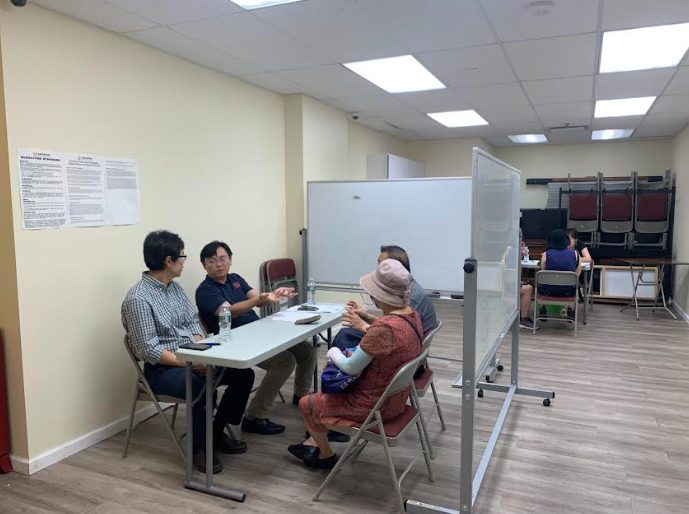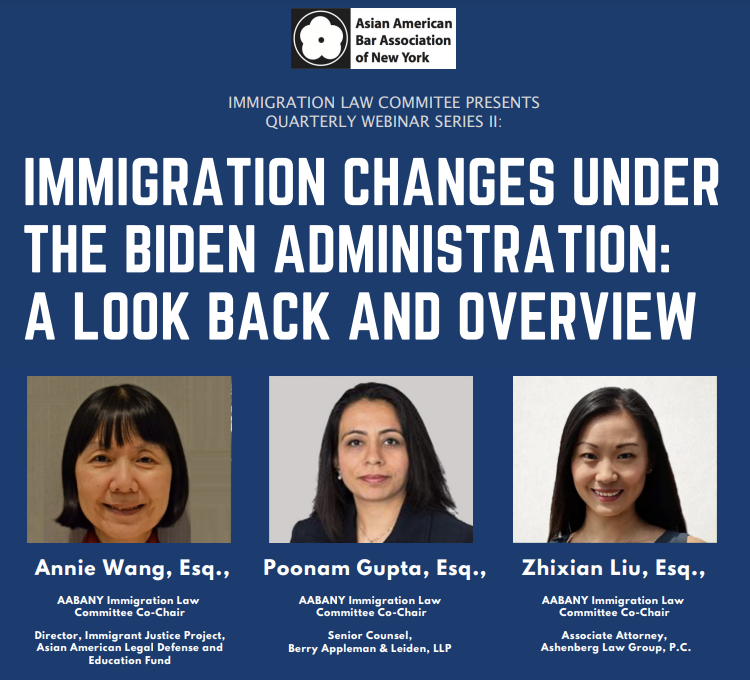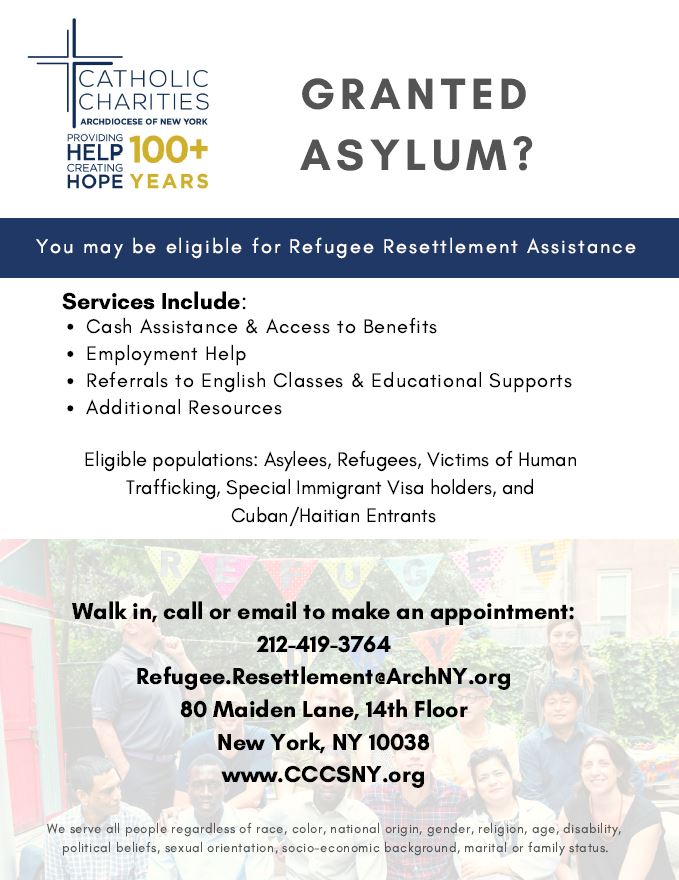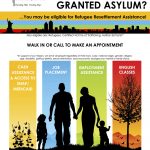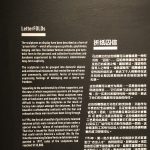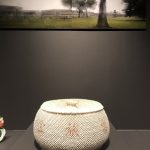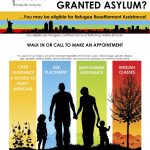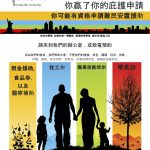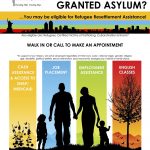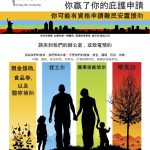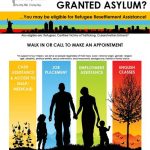
| For Immediate Release: January 22, 2025 | Contact: Rahat N. Babar, Deputy Executive Director |
WASHINGTON – On his first day in office, President Donald J. Trump issued executive orders that jeopardize the constitutional guarantee of citizenship for all persons born in the United States, the right to seek asylum, the refugee resettlement system, the LGBTQ+ community, and several other critical areas impacting our community as outlined below. The National Asian Pacific American Bar Association condemns these actions unequivocally. They run counter to the core values of NAPABA, the interests of the Asian American, Native Hawaiian, and Pacific Islander (AANHPI) community, and the tenets of this Nation.
Birthright Citizenship for U.S.-Born Individuals
Since the end of the Civil War, the Fourteenth Amendment promised future generations that they would be treated equally under the law. It also included an equal claim to citizenship to all persons born in the United States, regardless of stature or the circumstances of their parents. The executive order upends that promise. It refuses to recognize the birthright citizenship of any child born in the United States to a moth er who is lawfully present on a temporary basis, like those on work or student visas, and a father who is neither a U.S. citizen nor a lawful permanent resident.
The Asian American community is no stranger to such unconstitutional attacks. More than 125 years ago, a young Chinese American, Wong Kim Ark, who was born in San Francisco, sought to return to the United States after a trip to visit his family in China. The government denied him entry and claimed that he was not an American citizen. The U.S. Supreme Court disagreed, holding that a child born in the United States to noncitizen parents is entitled to automatic citizenship. United States v. Wong Kim Ark, 169 U.S. 649 (1898). Congress confirmed that understanding in federal law. See 8 U.S.C. § 1401.
Wong Kim Ark is settled law. If the executive order is left to stand, countless families within the Asian American community—the majority of whom are immigrants and the children of immigrants—would be impacted, unsettling their lives. The fundamental constitutional guarantee to citizenship cannot be discarded by a stroke of the pen, and NAPABA strongly opposes any effort to weaken the right under the Fourteenth Amendment.
NAPABA commends the ACLU, the Asian Law Caucus, and the coalition of states led by New Jersey Attorney General Matthew J. Platkin for promptly challenging the executive order in court.
Asylum, Refugee Resettlement, and Trust with Immigrant Communities
NAPABA recognizes the need to address the situation at our southern border. But we must not compromise our values as a Nation that welcomes immigrants and protects refugees. The President’s executive order eliminates any avenue for individuals—including many who hail from Asian countries—to claim asylum at the southern border. The order also suspended the entry of refugees under the U.S. Refugee Admissions Program.
These executive actions are inconsistent with our country’s obligation under domestic and international law to provide refuge to those fleeing persecution and war. With nearly three million such refugees from Southeast Asia fleeing conflicts in the 1970s and new generations arriving since, the protections offered by the United States as a leading signatory to the International Refugee Convention and 1967 Protocol are critical to uphold.
The Asian American story is one of perseverance, with countless numbers throughout history fleeing persecution for a better life in the United States. We need not turn our back on history or the generations seeking refuge. NAPABA has consistently supported the refugee resettlement program and this Nation’s long history of welcoming those from Asia seeking the protections of our Constitution.
Further, our immigrant communities are better served and safer where there is trust. Coercing state and local law enforcement agencies to carry out federal civil immigration enforcement undermines that trust and damages the relationship with the communities that they serve. For the Asian American community that endured the recent wave of anti-Asian hate, the fear of immigration consequences places an unnecessary obstacle to report and address hate crimes.
In another executive order, the President sought to restrict federal funds to jurisdictions “which seek to interfere with the lawful exercise of Federal [immigration] enforcement operations.” The choice by state and local leaders to decline voluntary cooperation with federal civil immigration enforcement is not only lawful, but one that prioritizes the best interests of their communities. Jurisdictions ought not to be penalized for advancing public safety in their region.
Diversity, Equity, and Inclusion
In a call to action several months ago, NAPABA emphasized how the majority of diversity, equity, and inclusion initiatives serve to increase access and opportunity, not stifle them. President Trump’s action to eliminate those efforts in the federal government is misguided and impacts AANHPI communities. The executive order purports to advance “equal dignity and respect,” yet its actions yield the opposite.
Diversity, equity, and inclusion efforts minimize bias and barriers while fostering unity. And contrary to the executive order, not only do such initiatives advance the promises of the Civil Rights Act of 1964, they bring greater meritocracy to our workplaces, unlocking individual potential and belonging across the board where everyone has a fair shot at success.
LGBTQ+ Dignity
Every person, regardless of how they identify their gender, deserves respect, dignity, and the equal protection of the law. Another executive order attacks and jeopardizes the transgender and broader LGBTQ+ community, potentially undermining workplace and school protections, and denying access to essential public services and health care.
NAPABA firmly believes in the rights and dignity of the LGBTQ+ community. Just recently, NAPABA opposed H.R. 28, which would exclude those in the transgender, nonbinary, and intersex community from athletic programs in schools. The policies of government ought to be guided by the inclusion of all segments of our communities, not the exclusion of the most vulnerable.
Capital Punishment
In another executive order, the President reversed the last administration’s moratorium on capital punishment and reauthorized the Attorney General to pursue the death penalty. NAPABA stands opposed to the death penalty, which is disproportionately imposed on members of minority groups, individuals suffering from mental illness, and individuals raised in poverty. It does not deter crime, and it is not necessary for the administration of justice. We reiterate our call that the death penalty be abolished.
NAPABA is a nonpartisan, nonprofit organization representing the interests of well over 80,000 AANHPI legal professionals. Our community is diverse, spanning across cultures, language, and political ideologies. NAPABA has worked diligently with presidents, administrations, and congressional members of both parties to advance the interests of our community.
But as an organization of legal professionals, we bear a special responsibility to uphold the rule of law. Regardless of the presidential administration, NAPABA will continue to advance justice, with the AANHPI community at the forefront along with all communities of color, our values, and our policy positions.
###
The National Asian Pacific American Bar Association (NAPABA) represents the interests of over 80,000 AANHPI legal professionals and nearly 90 national, state, and local APA bar associations. NAPABA is a leader in addressing civil rights issues confronting Asian American, Native Hawaiian, and Pacific Islander communities. Through its national network, NAPABA provides a strong voice for increased diversity of the federal and state judiciaries, advocates for equal opportunity in the workplace, works to eliminate hate crimes and anti-immigrant sentiment, and promotes the professional development of people of all backgrounds in the legal profession.



